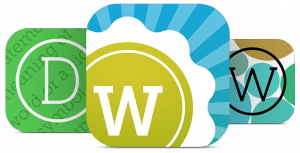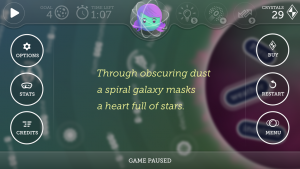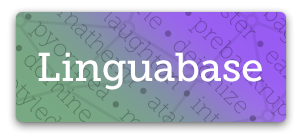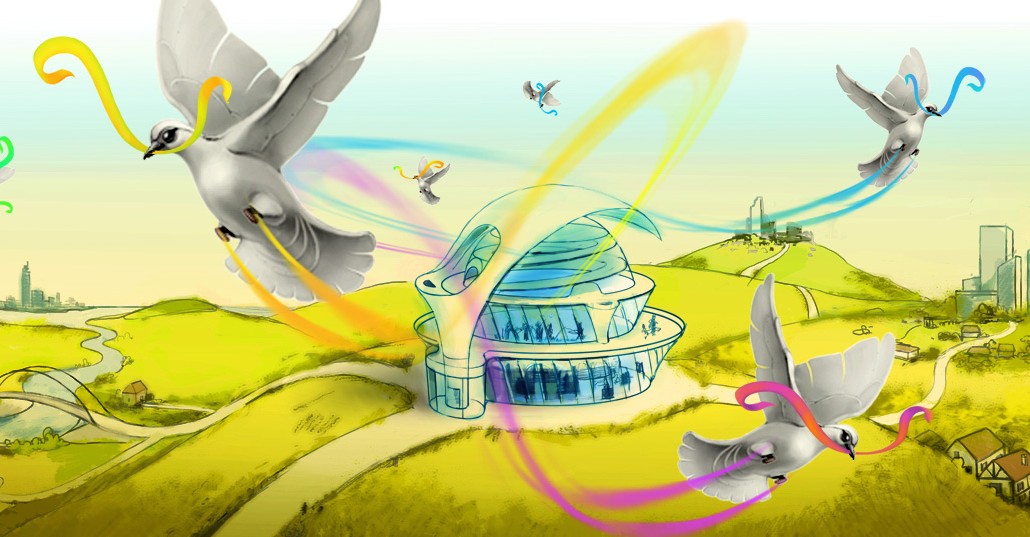Community Embraces New Word Game at Mid-Year Play Day This past Sunday, families at Takoma Park’s Seventh Annual Mid-Year Play Day had the opportunity to experience OtherWordly for the first time. Our educational language game drew curious children and parents to our table throughout the afternoon. Words in Space Several children gathered around our iPads […]
Read moreLanguage-Related Apps

IDEA has worked to develop language-related mobile apps that do double duty: in addition to providing a reference source or an entertaining game, the apps are designed to encourage exploration, expand vocabulary, and deepen understanding of word meanings. IDEA’s apps inspire users to scrutinize relationships between words, grasp previously unseen shades of meaning, and learn about usage through context cues.
About our language apps
Games

Leveraging a highly iterative and collaborative process, IDEA Games explores the intersection between technology and narrative, ensuring our games are enjoyable, technically forward-thinking, and inclusive, breaking down barriers often encountered in conventional gaming experiences. By blending game genres, we propel games into new domains of play while crafting experiences that are both challenging and enlightening.
About IDEA Games
Language Database

IDEA’s Linguabase, a massive database containing over 500,000 definitions and word relations, is the foundation for our word apps and games. It was built over a period of four years by drawing material from several publicly available sources, and then expanded through novel lexicographic research involving natural language processing.
About Linguabase
WebExhibits

Launched in 1999, IDEA’s WebExhibits was one of the first online museums. At the time of WebExhibits’ inception, interactive virtual exhibits were outside the realm of possibility for institutions whose core competencies lay in managing brick and mortar operations and planning educational activities. With 10 exhibits and more than 110 million unique visitors, IDEA’s virtual museum helped illustrate the potential for physical museums to extend their reach and increase their impact by embracing online displays.
About WebExhibits
Older Programs
IDEA has always pushed the envelope to advance scientific, artistic, and cultural literacy. We developed tools for visualizing color theory (ColorRotate) and building and sharing color palettes via an iPad app, a web site, and a Photoshop plugin. We developed an Adobe Flash-based radial mapping tree (SpicyNodes) that helped individuals and organizations create content portals, mind maps, and even poetry. We worked with the American Association for State and Local History to share thousands of resources with history museum professionals and staff, build community with multiple blogs, and share best practices. We published a blog from 2009 to 2014 for executive-level staff at educational institutions that covered practices of museums, publishers, developers, and research labs that related directly and tangentially to scientific and cultural literacy. We’ve also worked on other projects in arenas as diverse as timekeeping and healthcare education and outreach.


